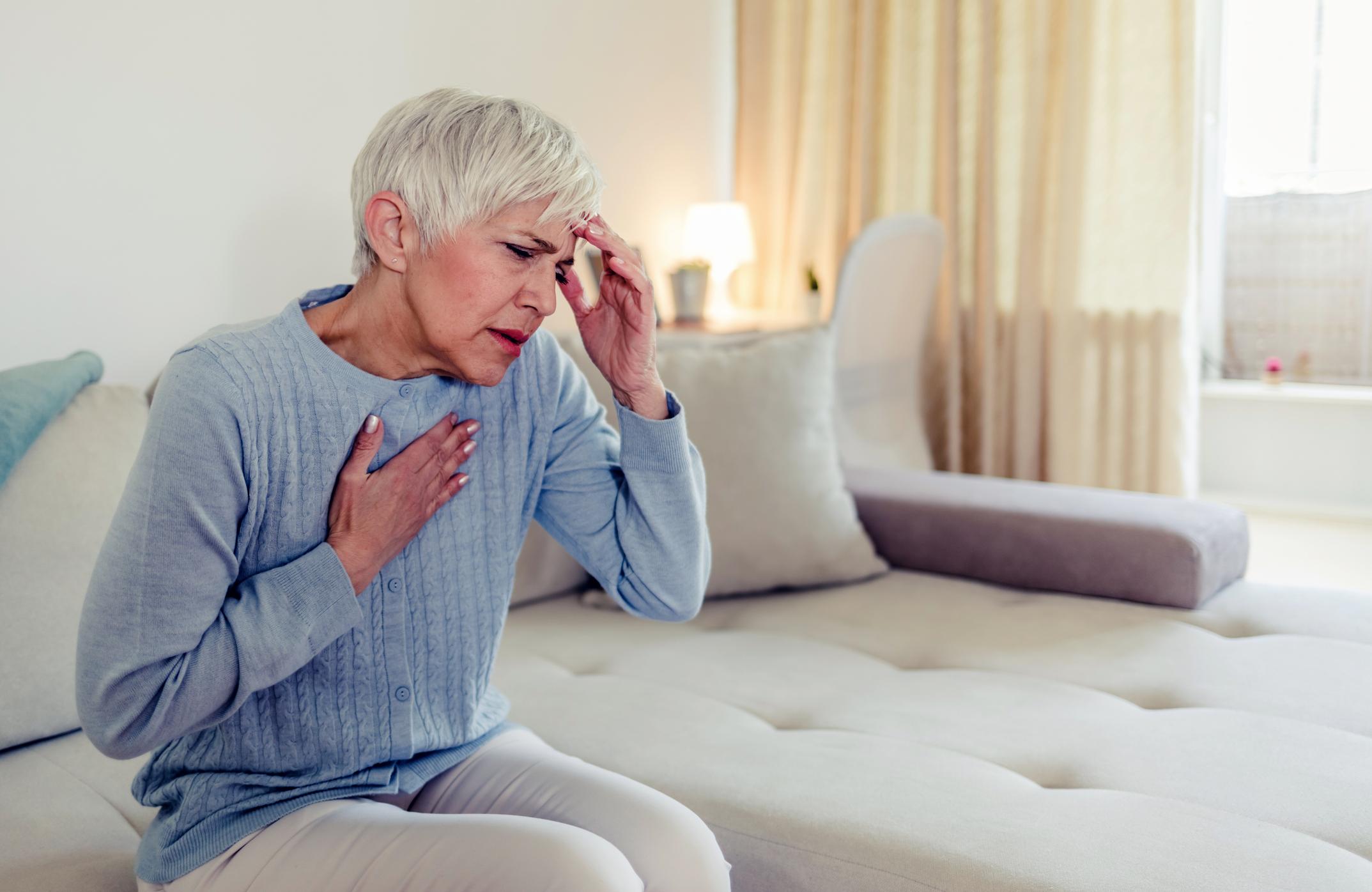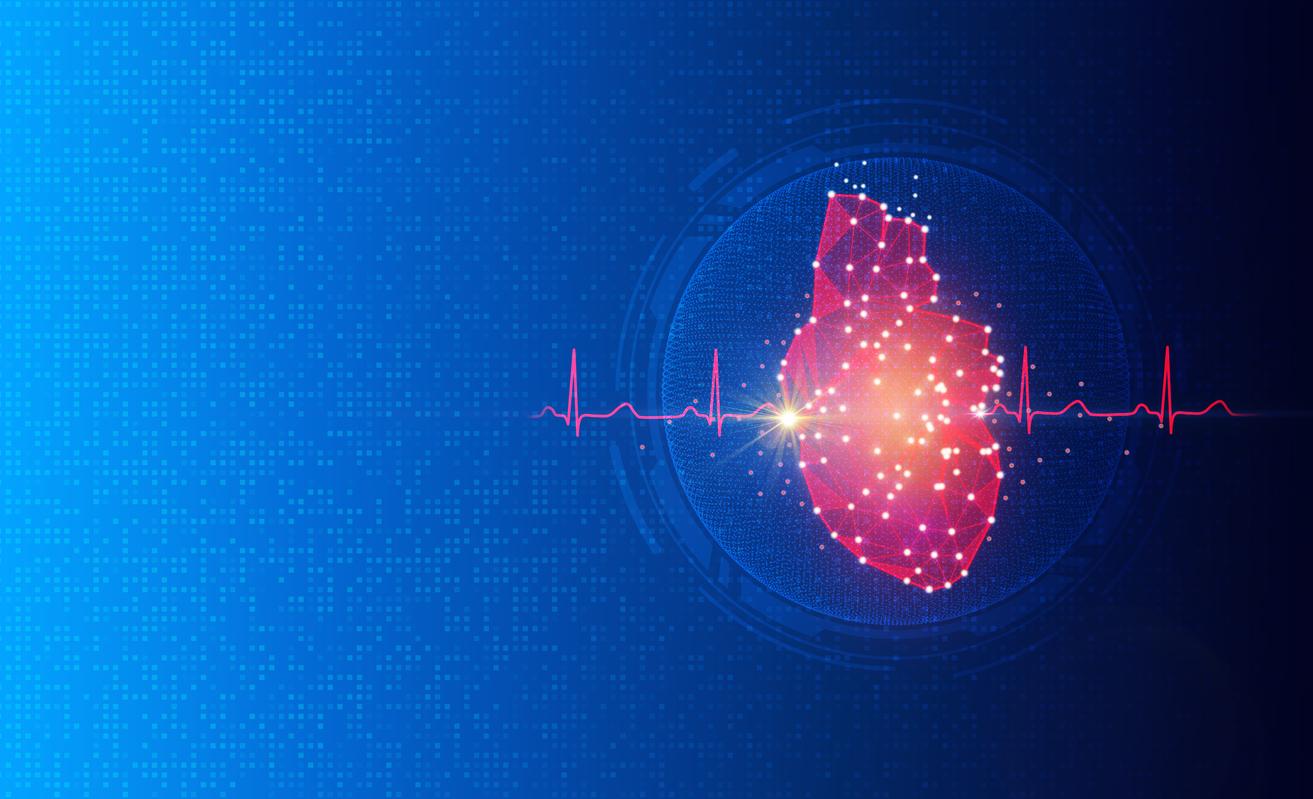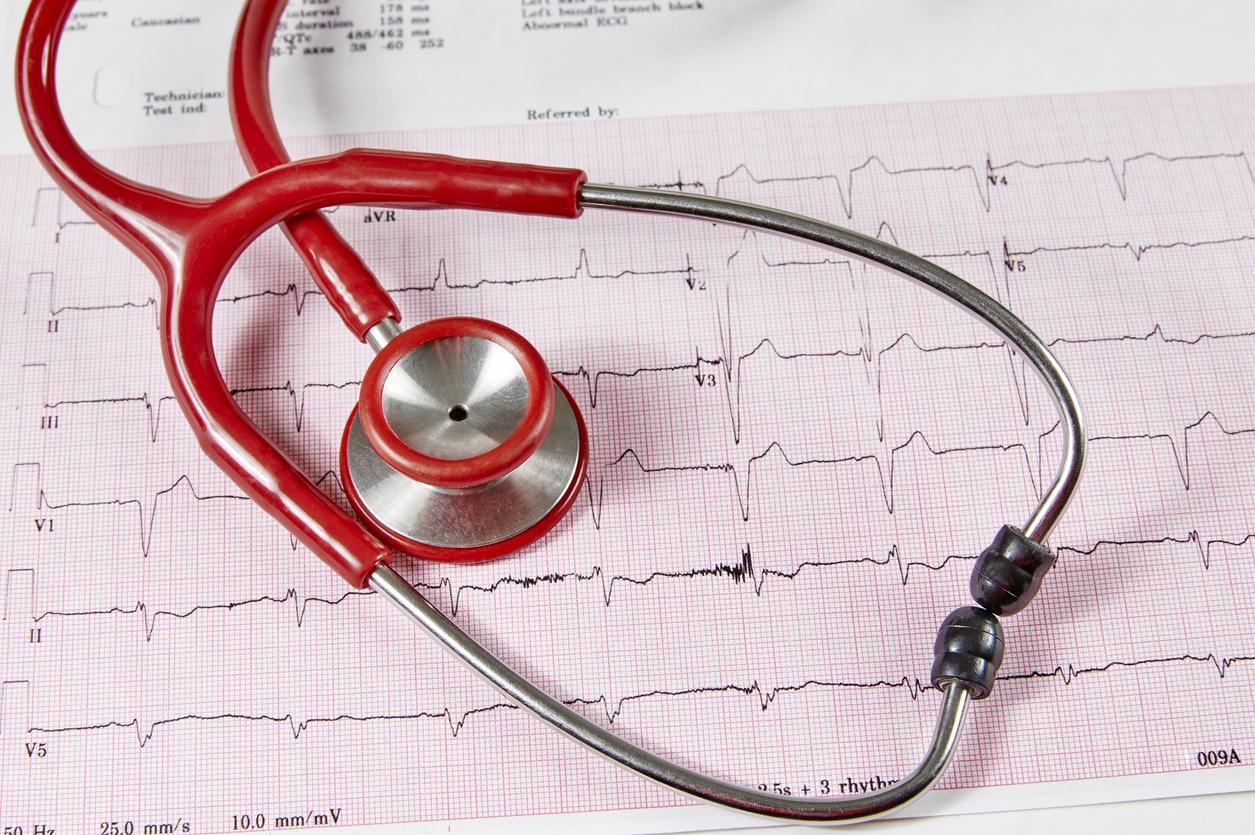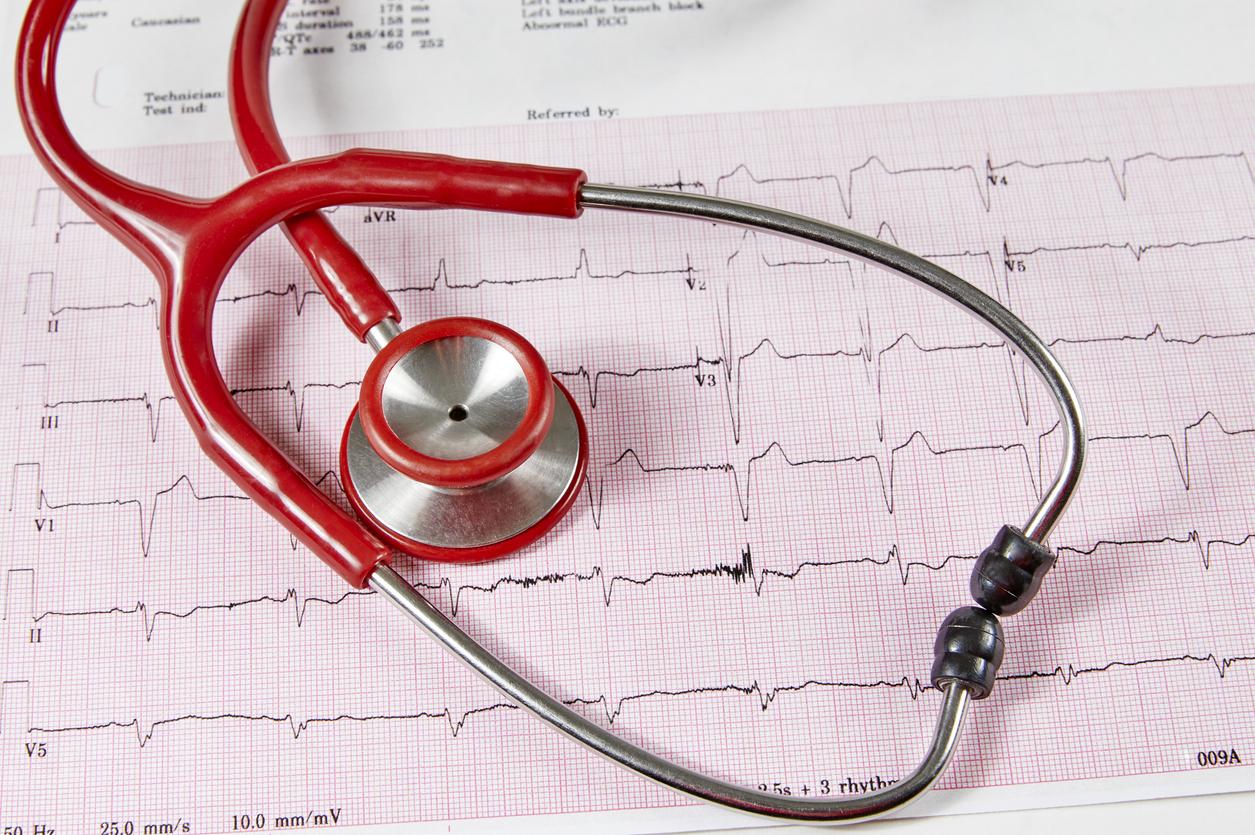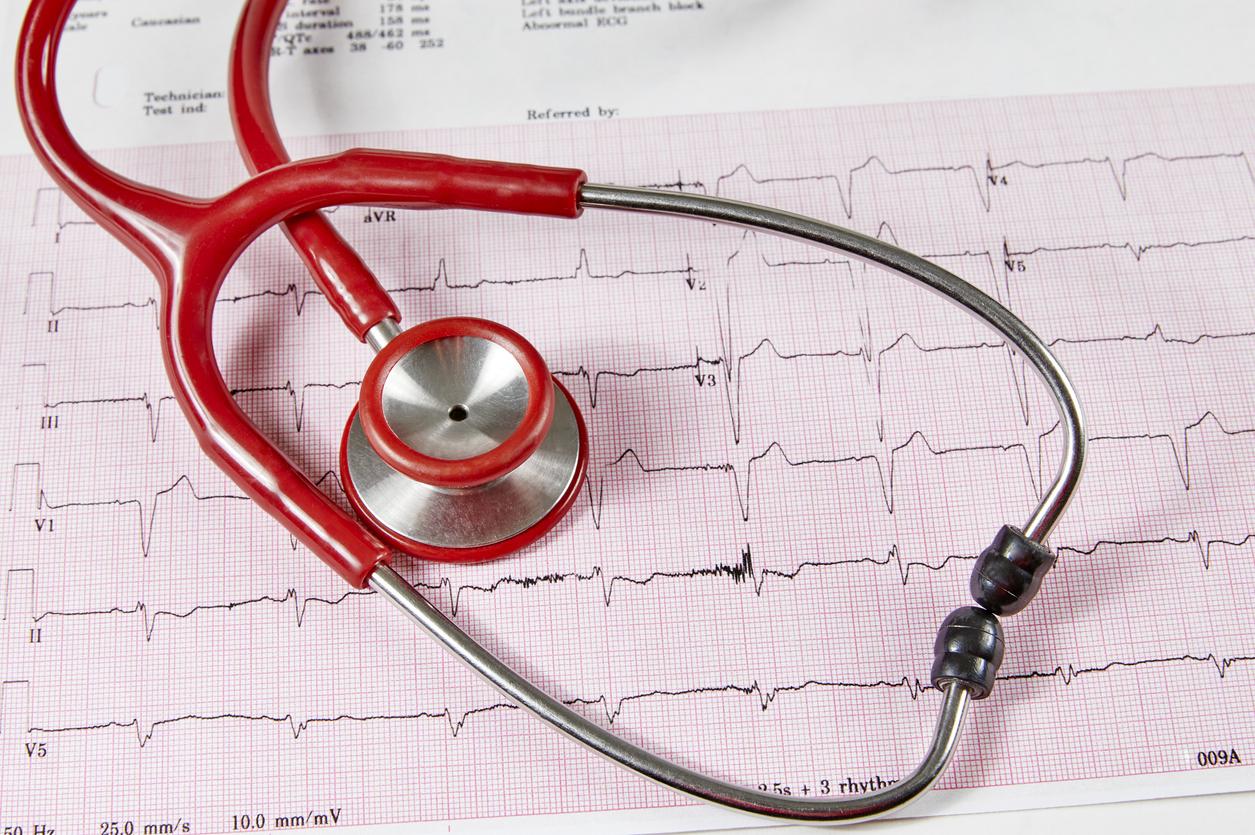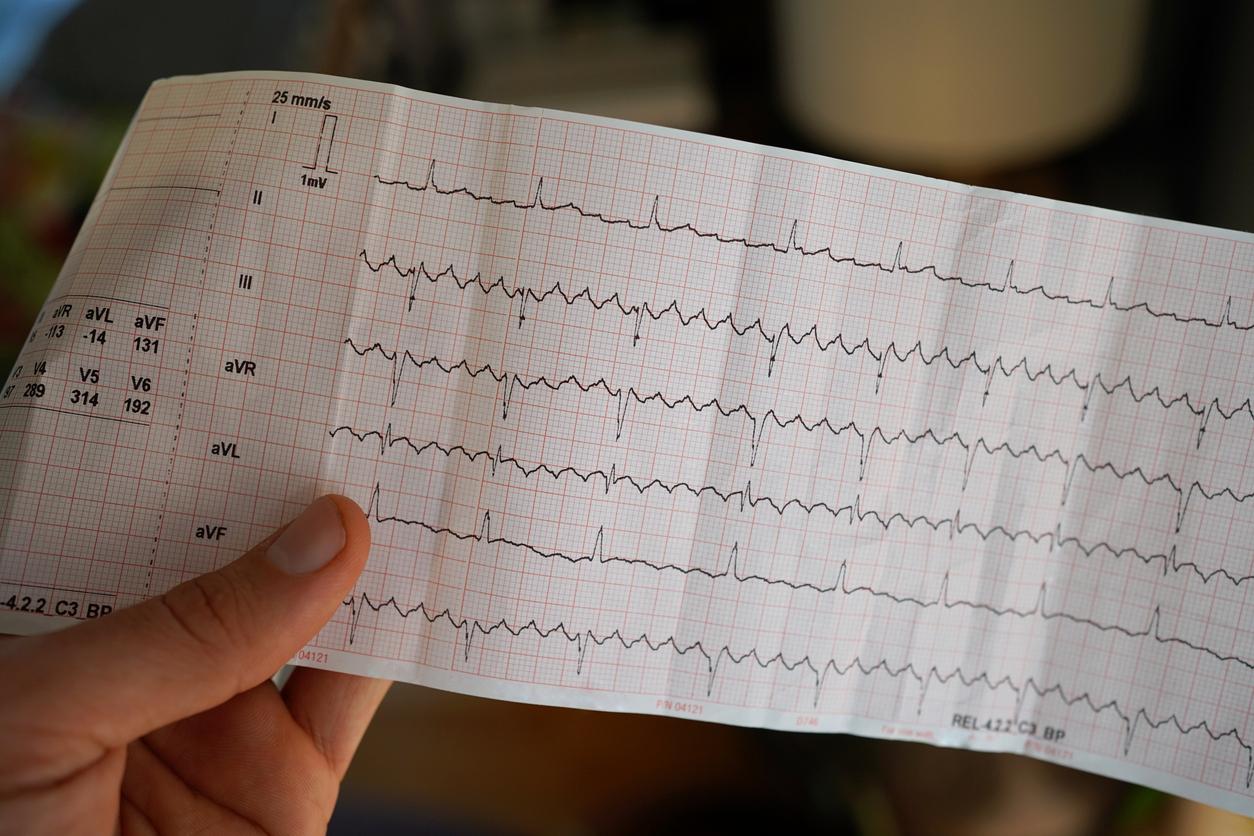As part of the 2022 Action Week concerning atrial fibrillation, Why Doctor offers you a series of articles to better understand this pathology, its symptoms and the treatments to control it. Today, a patient tells us how the disease appeared, from the first palpitations to the diagnosis.
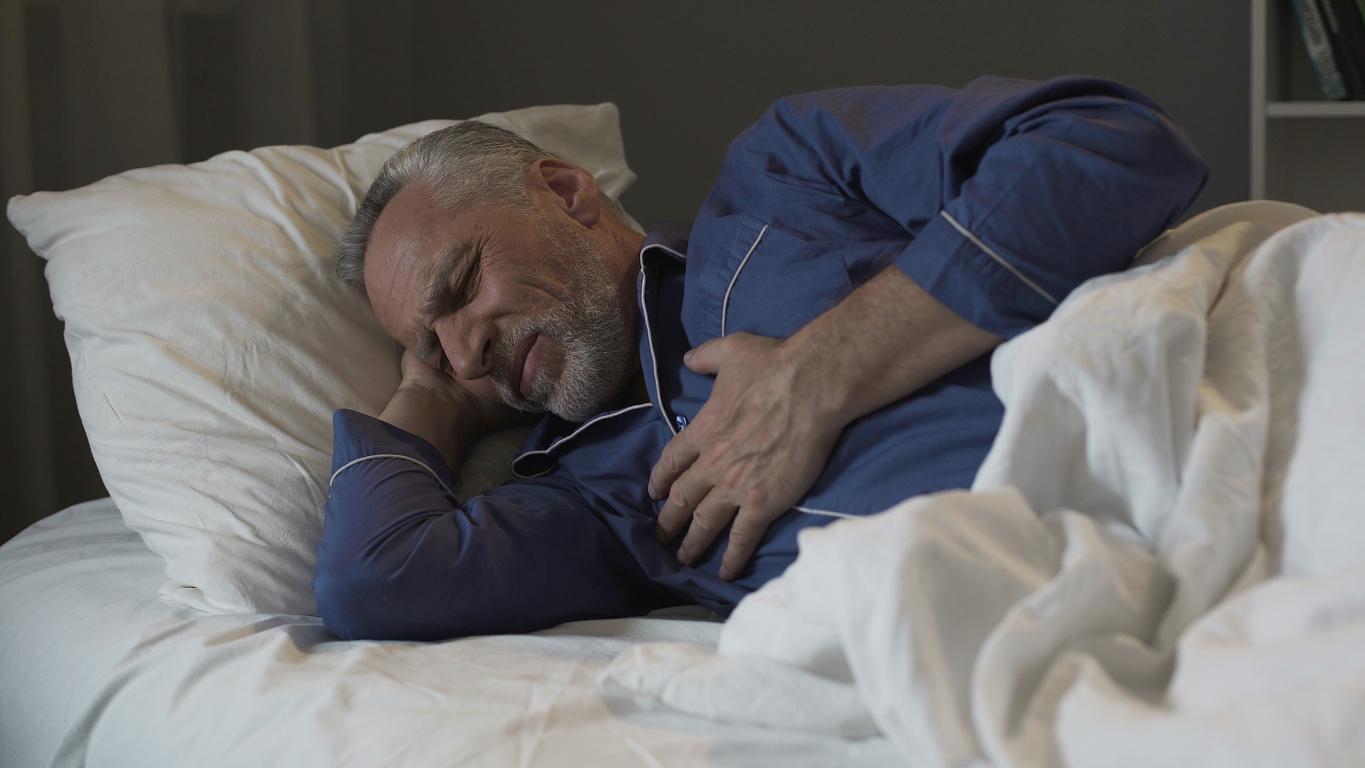
- Atrial or atrial fibrillation is a heart rhythm disorder.
- In France, it concerns more than 750,000 people.
- Two-thirds of patients are over 65 years old.
Atrial fibrillation is not a well-known disease, even if this heart rhythm disorder which can have serious consequences such as a stroke concerns more than 750,000 people in France. And as this disease is sometimes “silent”, that is to say that its symptoms – palpitations, shortness of breath, fatigue – can go unnoticed, it is probably under-diagnosed. So how do you know if you have “AF”? Roland Lallemand, a retired doctor, gave his patient testimony in the series “My life with…” of our show “C Notre Santé” dedicated to atrial fibrillation.
He tells how he experienced the onset of this disease, thus shedding light on how it can manifest itself.
How do the first signs of atrial fibrillation appear?
Roland Lallemand is a sportsman, a fan of running. And it was while he was training for his participation in a half-marathon that the first alert occurred: “I felt palpitations, but at the time I didn’t pay attention“, he recalls. During the ordeal, nothing to report. “Attacks of atrial fibrillation have never manifested on exertion, it mainly happens at night or after meals“, he specifies moreover. On the other hand, a few days after his race, the disease appeared suddenly. “I felt violent palpitations, it was really very clear and it lasted several hours“, says the patient.
What does a bout of atrial fibrillation feel like?
“It begins, for a few seconds, with an acceleration of the heart rate but the beats remain regularexplains Roland Lallemand. And then the attack of AF starts, and then there are not small flicks but jolts inside the thorax, the heart beats very quickly, around 140, and it is very irregular, even if this irregularity contains fairly comparable sequences“, explains the former doctor.
Is a bout of atrial fibrillation scary?
The heart is an essential organ and when it starts pounding for no reason, it can be worrying. “It’s even very anxiety-provoking when it happens.confirms Roland Lallemand, you feel very tired, you have your legs cut off… For example, I was unable to climb stairs, just to move around inside your home, it’s done in small steps!“.
Is atrial fibrillation really a “silent” disease?
“When I was still practicing and I was diagnosed with atrial fibrillation, the oldest patients (two-thirds of people affected in France by this disease are over 65, editor’s note) told me ‘I don’t understand, I don’t ‘didn’t feel anything, my heart is beating as usual!’ so for them, we were indeed facing a silent disease“, says the retired doctor. “But the younger you are, the more violently you feel the transition to fibrillation, it happens from one second to the next.he adds. I myself very quickly put the name of this disease on my symptoms!“.
Below, the series “My life with…” on atrial fibrillation from our program “C Notre Santé”:










